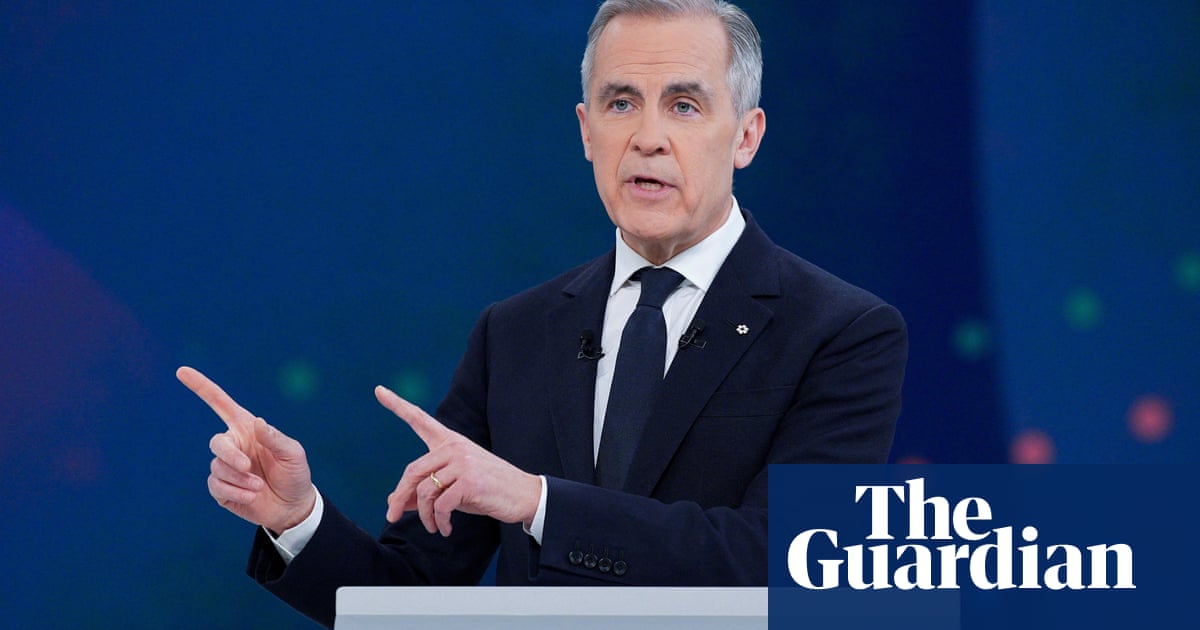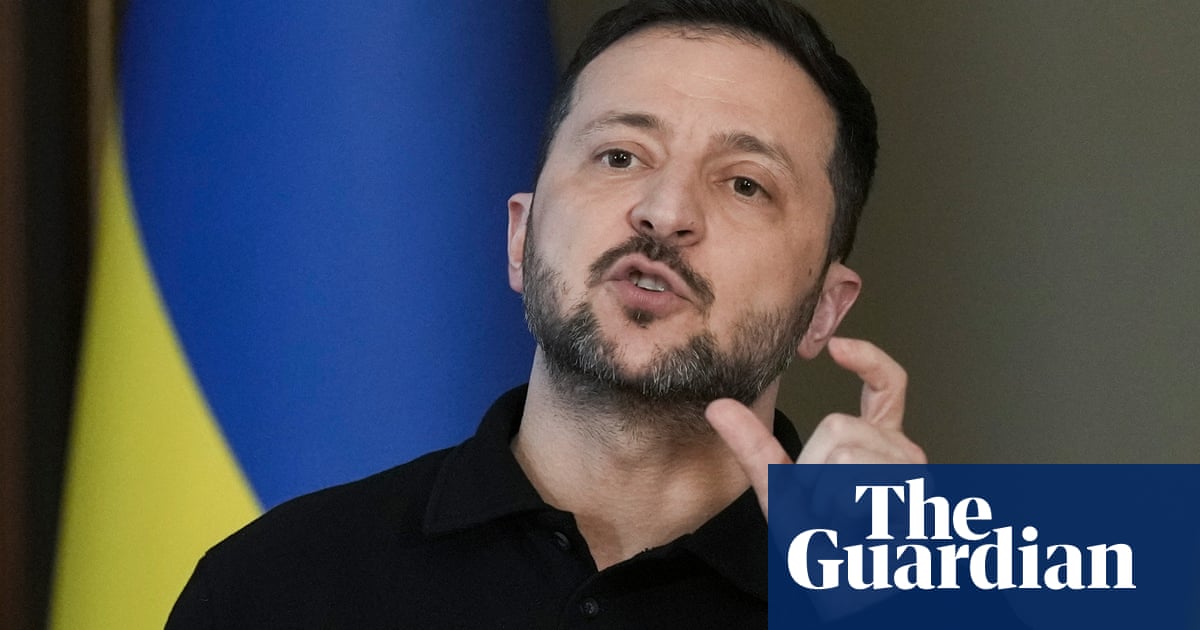GPs in England are failing Black people living with HIV owing to stigma associated with the virus and a lack of information, according to a report by a leading charity.
The report, which surveyed 142 Black people living with HIV in London, found that almost a fifth (19%) of respondents said they had avoided going to their GP for fear of being treated differently because of their HIV status.
One-fifth of survey respondents also said they have received judgmental or inappropriate comments or questions from GPs, while 35% said they were concerned about being treated differently by GP staff.
One respondent to the survey said: “I was asked by my GP how does someone like you get HIV. At the time I had no words, I was just in shock at the question.”
Another respondent said: “[My] GP was rude to me. When she found out that I was pregnant, she said ‘who told you to get pregnant when you have HIV?’”, while another respondent reported that one of the GPs at their practice would “put gloves on and open the window before she would examine me”.
Overall, 13% of respondents said they have been refused a medical procedure or medication by their GP and a third (30%) have said they have never been consulted by their GP about their medical care or treatment.
The report comes as the government committed to reaching zero new HIV transmissions by 2030. Black people are disproportionately affected by HIV: despite making up only 4.2% of the population of England, in 2023 Black African communities accounted for 48% of new HIV diagnoses.
The report cited issues such as GP workload, a lack of cultural competency, and the lack of information among GPs and other primary care staff as all leading to the poorer health outcomes experienced in these instances.
Oluwakemi Agunbiade, a senior policy and research officer at National AIDS Trust, the charity behind the survey, said: “A lack of culturally tailored healthcare is detrimental to the health [and] wellbeing of Black communities, and as we work to improve the quality of life of people living with HIV, we must ask ourselves – who are we leaving behind?
“A diverse community such as people living with HIV requires a healthcare system that adapts itself to the diverse needs of its patients.”
Agunbiade added: “What we have seen in this report speaks to a greater need for government and our National Health Service to address stigma, cultural competency, confidentiality and accessibility so Black communities and everyone else who experiences poorer health outcomes have a renewed faith in primary care.
“Our research makes clear that only person-centred care will help us reach our goals of ending new HIV transmissions and improving health outcomes for people already living with HIV.”
Dr Aneesha Noonan, the medical director for specialist commissioning at NHSE London, said: “The data presented within this report paints a stark and sobering picture of the deep-rooted systemic issues that disproportionately and negatively impact Black people living with HIV … to make sure no one is left behind, the recommendations from this report should be implemented across London and the rest of England so quality of primary care for Black people living with HIV is never a postcode lottery.”
An NHS spokesperson said: “It is unacceptable for Black people to experience disparities in care and the NHS remains committed to reducing inequalities because all patients, regardless of background, deserve the best treatment and to feel their concerns are listened to.
“We know there is more work to do to address racial disparities, and we will continue to work across the NHS to ensure personalised and equitable care for people with HIV.”

 1 week ago
19
1 week ago
19













































